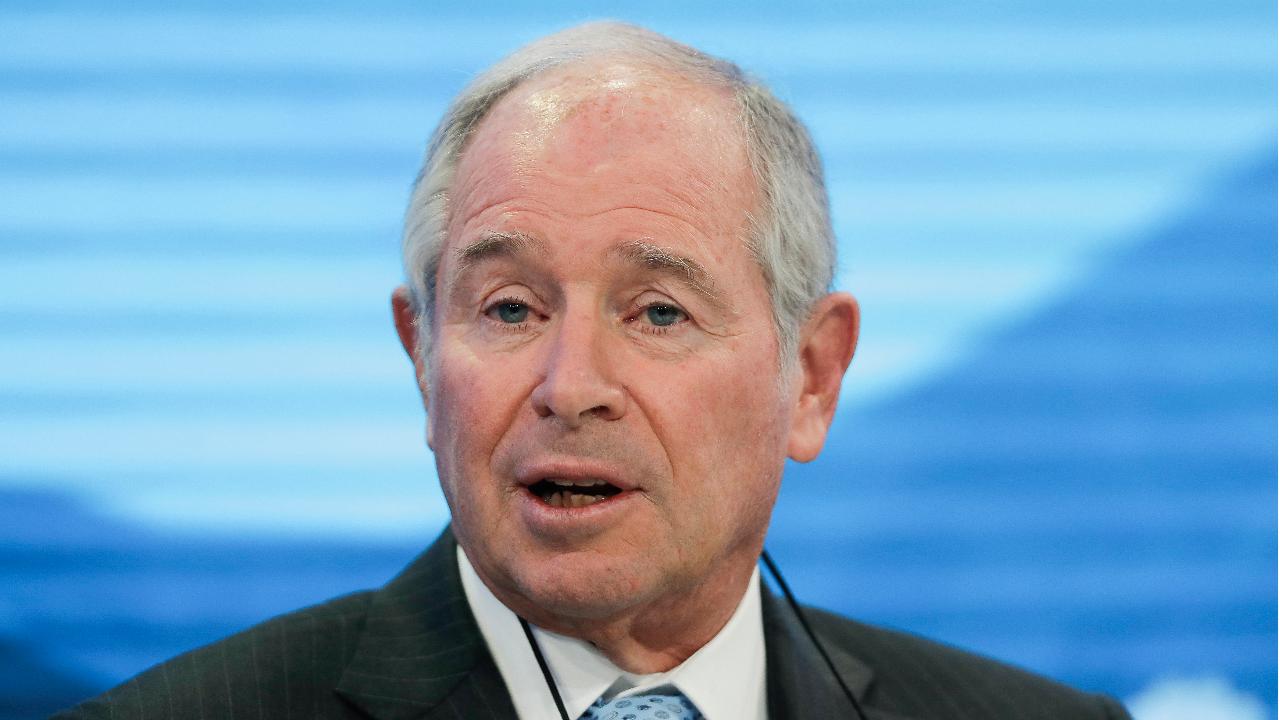Blackstone’s Schwarzman gives Oxford record gift of $188M
Stephen Schwarzman, the billionaire co-founder of the Blackstone Group, is giving £150 million ($188 million) to the University of Oxford to create a center for the humanities, which he hopes will help steer the ethical adoption of artificial intelligence.
It is believed to be the largest single gift to Oxford since the Renaissance, a spokesman for the school said.
Megagifts are less common in the U.K., than the U.S., partly because of different tax structures. U.S. donors can make tax-deductible gifts to some U.K. universities through their charitable arms in the U.S. In the 2017-2018 academic year, Oxford brought in £157 million through fundraising. The school’s operating budget is £2.2 billion.
Two years ago, Mr. Schwarzman, 72 years old, gave $350 million to the Massachusetts Institute of Technology to create a college of computing focused on the development of AI.
At Oxford, the new humanities center, to be dubbed the Schwarzman Centre, will be home to Oxford’s new Institute for Ethics in AI.
As he walked in the rain in Oxford during a cellphone conversation on Tuesday, Mr. Schwarzman said he intends for this latest gift to help create an ethical framework so that the rollout of AI over the next five to 10 years limits the disorder to society.
“If we don’t get this right, in all probability, we will have much higher levels of disruption from the technologies, which would include higher levels of unemployment,” he said. “The number of displaced people could dramatically exceed the number of jobs created.”
Mr. Schwarzman characterized Oxford University as having helped create the “core value system for Western democracies” over the school’s nearly 1,000-year history of teaching the humanities. The money will be used to create a dedicated hub that will include a performing arts and exhibition center. Oxford’s humanities programs, which have long been scattered across the school, include English, history, linguistics, philology and phonetics, medieval and modern languages, music, philosophy, theology and religion.
CLICK HERE TO GET THE FOX BUSINESS APP
The rollout of the internet generated more negative consequences than were generally anticipated at its inception, Mr. Schwarzman said. He believes the adoption of artificial intelligence could bring even more far-reaching consequences.
“We are going to have to figure out as humans what is important to us in a world where much will be possible but may come at a cost," he said.
Write to Douglas Belkin at doug.belkin@wsj.com




















